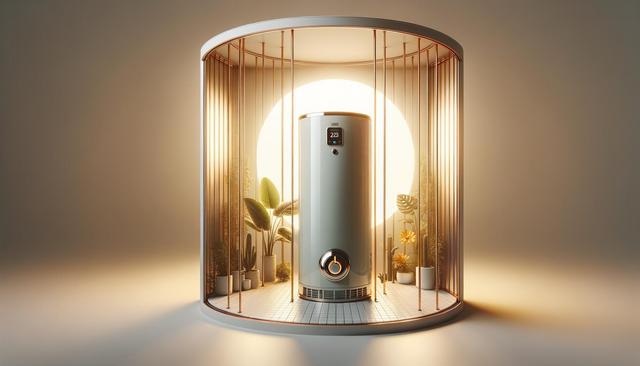
Considering Your Next Water Heating System
Understanding Your Water Heating Options
When it comes to choosing a new water heater, the variety of options available today can feel overwhelming. From traditional tank models to modern tankless systems, each type has its own set of strengths. The right choice for your home depends on your hot water usage, energy efficiency goals, and budget.
There are two main types of water heaters to consider:
- Storage Tank Water Heaters: These units store a large volume of hot water and are a common choice for larger households with consistent hot water needs.
- Tankless Water Heaters: Also known as on-demand systems, these provide hot water only when needed, offering energy savings and a more compact design.
Other options include hybrid water heaters, which combine features of both tank and tankless models, and solar water heaters that rely on renewable energy. Understanding your household’s daily water usage and the number of bathrooms or appliances that require hot water can guide you in selecting the ideal system.
Energy Efficiency and Savings
Energy efficiency is a major factor when considering your next water heating system. Upgrading to an energy-efficient model can significantly reduce utility bills and environmental impact. Modern units often come with energy-saving features that maximize performance while minimizing waste.
Look for models with high Energy Factor (EF) or Uniform Energy Factor (UEF) ratings. These indicate how efficiently the unit converts energy into hot water. Additionally, consider:
- Insulated tanks to reduce heat loss
- Smart thermostats that optimize heating schedules
- Systems that qualify for energy rebates or tax incentives
While energy-efficient models may have a higher upfront cost, the long-term savings on energy bills often make them a worthwhile investment. Over time, reduced energy consumption also contributes to a lower carbon footprint, aligning with sustainable living goals.
Choosing the Right Size and Capacity
Selecting the right size water heater is essential for both comfort and efficiency. A unit that’s too small may struggle to meet your household’s needs, while an oversized model can lead to unnecessary energy consumption. Determining the right capacity involves evaluating peak usage times and the number of people in your home.
For tank water heaters, the key metric is the tank’s gallon capacity. For tankless models, it’s the flow rate, measured in gallons per minute (GPM). To help you estimate the appropriate size, consider:
- Bathrooms and fixtures used simultaneously
- Peak usage patterns such as morning showers or evening laundry
- Appliances that require hot water, like dishwashers and washing machines
Consulting with a professional can help ensure you choose a system that aligns with your household’s specific needs without overspending on capacity you don’t use.
Installation and Maintenance Considerations
Proper installation is critical to the efficiency and longevity of your water heater. Whether you choose a standard or advanced model, professional installation ensures that all safety and building code requirements are met. A licensed technician can also help you understand the space requirements and necessary plumbing or electrical adjustments.
Maintenance is another key factor in maximizing performance. Regular upkeep can prevent issues like sediment buildup, corrosion, and leaks. Common maintenance tasks include:
- Flushing the tank annually to remove sediment
- Checking the anode rod to prevent rust
- Inspecting the pressure relief valve for functionality
Many newer models come with self-cleaning features or reminders for maintenance schedules, making it easier to keep your system in top shape. Routine care not only extends the life of your unit but also maintains optimal efficiency over time.
Modern Features and Smart Technology
Today’s water heaters offer more than just basic functionality. Many are equipped with smart technology that enhances convenience, control, and performance. These modern features can be particularly useful for homeowners looking to optimize their energy use and manage their systems remotely.
Some popular features include:
- Wi-Fi connectivity for remote monitoring and control
- Mobile apps that track energy usage and alert you to issues
- Leak detection sensors that help prevent water damage
- Vacation modes that reduce energy use while you’re away
These innovations not only provide peace of mind but also allow for more efficient operation and longer equipment lifespan. When considering your next water heating system, evaluating these smart features can help you choose a model that supports your lifestyle and preferences.
Final Thoughts: Making an Informed Decision
Choosing a new water heating system involves more than just replacing an old unit—it’s an opportunity to improve comfort, efficiency, and cost savings in your home. By understanding your options, evaluating your household’s needs, and considering long-term benefits, you can make a well-informed decision that pays off for years to come.
Whether you’re replacing an outdated model or installing a new one in a different property, take the time to research and consult with professionals. A properly selected and maintained water heater can provide reliable hot water, reduce energy consumption, and enhance your home’s overall efficiency.


